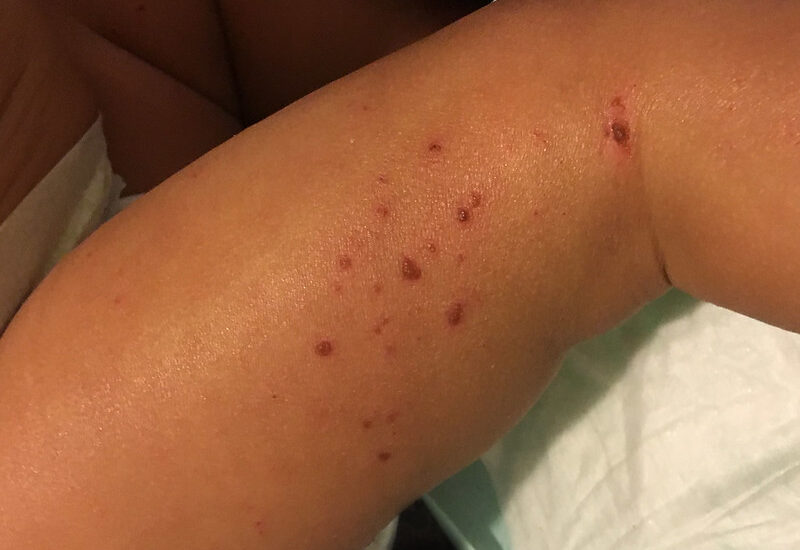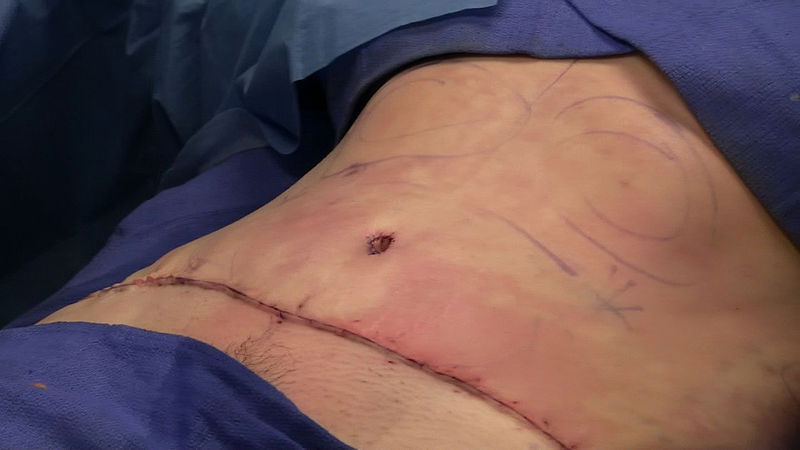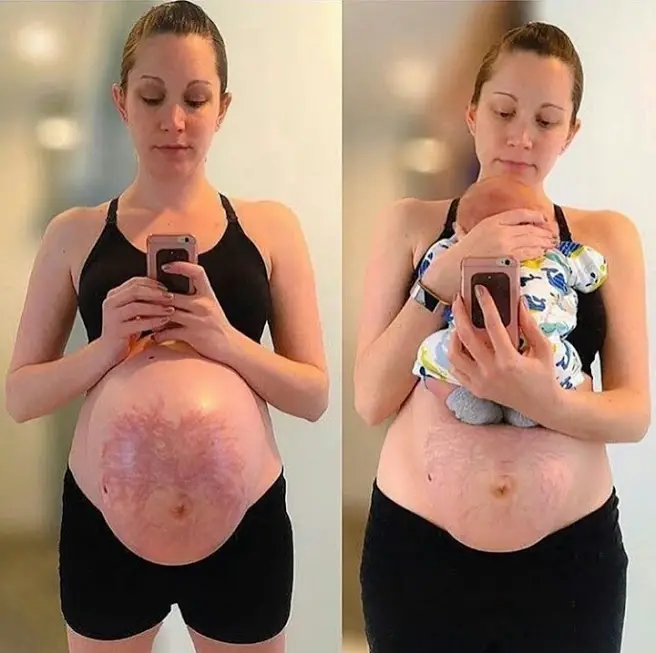Can skin recover from eczema? This guide aims to offer you a thorough understanding of eczema and the skin’s capacity for recovery. We’ll cover treatment options, preventive measures, and the science behind skin healing after eczema.

Table of Contents
Can Skin Recover From Eczema? Understanding the Recovery Process
If you’re battling eczema, you’re likely curious about how long it will take for your skin to heal after the condition subsides. The recovery process for eczema can be complex and varies significantly from person to person. Here, we’ll delve into the various stages of recovery, factors that influence healing time, and how you can accelerate the process.
Stages of Recovery
Eczema recovery generally progresses through several stages, which can include initial relief from acute symptoms, followed by a gradual improvement in skin texture and tone. It is important to note that eczema is often a recurring condition, so periods of remission might be followed by flare-ups.
Factors Affecting Recovery Time
Several factors can influence how long it takes for your skin to heal after eczema. These include:
Severity of the Condition: More severe cases of eczema generally take longer to heal.
Individual Health: Your overall health and immune system play a role in how quickly you recover.
Treatment Efficacy: The effectiveness of the treatment being used can dramatically affect healing time.
Consistency: Consistent application of medication and skincare routine is essential for quicker recovery.
A study from the National Library of Medicine supports the idea that consistent and appropriate treatment can lead to significant improvements over time.
Measuring Recovery
How do you know if your skin is recovering? Measurable signs include a reduction in redness, less itching, and an improvement in the skin’s overall texture. Sometimes a dermatologist may use clinical tools to assess the level of inflammation and healing.
Accelerating the Recovery Process
While there’s no quick fix for eczema, certain actions can help accelerate the recovery process. These include:
Stress Management: Stress can be a trigger for eczema flare-ups. Techniques like mindfulness and relaxation can help.
Hydration: Keeping the skin hydrated through emollients or moisturizers can help in faster recovery.
Regular Check-Ups: Periodic assessments by a healthcare provider can help adjust your treatment plan as needed for better results.
Treatment Options for Eczema
Effective treatment is essential for your skin to go back to normal after eczema. Common treatments include:
Topical Steroids: Used to reduce inflammation and itching.
Emollients: Moisturizers that keep the skin hydrated. A good example is the CeraVe Moisturizing Cream listed on Amazon.
Antihistamines: These can control itching.
Systemic medications: For severe cases, oral medications may be prescribed.
These options are supported by the Cleveland Clinic.
Check out these other related articles…
White Patches on Skin After Eczema: A Complete Guide
Discoloration of Skin Due to Eczema: Comprehensive 411 Guide
Bumps on Skin From Eczema: A Comprehensive 411 Guide
Lines on Skin from Eczema: Comprehensive 411 Guide
Red Skin After Eczema: Your Complete Treatment Guide
Skin Peeling After Eczema Flare Up: Healing or Concern?
Does Skin Discoloration from Eczema Go Away? Detailed Answer
Preventive Measures
Prevention is crucial to manage eczema effectively. The following steps can help:
Use gentle skincare products that are fragrance-free.
Avoid allergens like pet dander or pollen.
Wear breathable fabrics such as cotton.
Keep stress levels under control.

